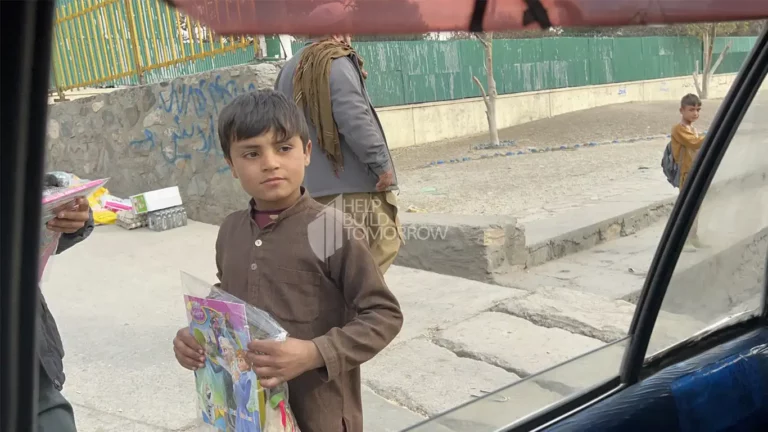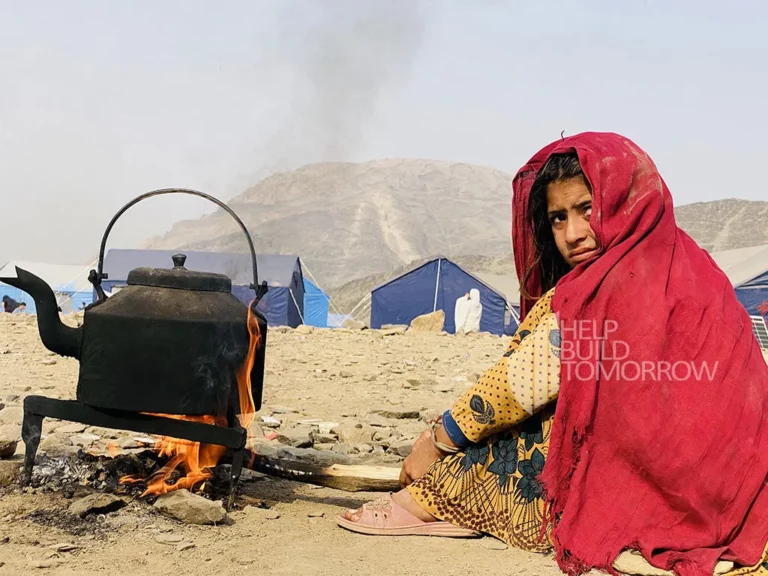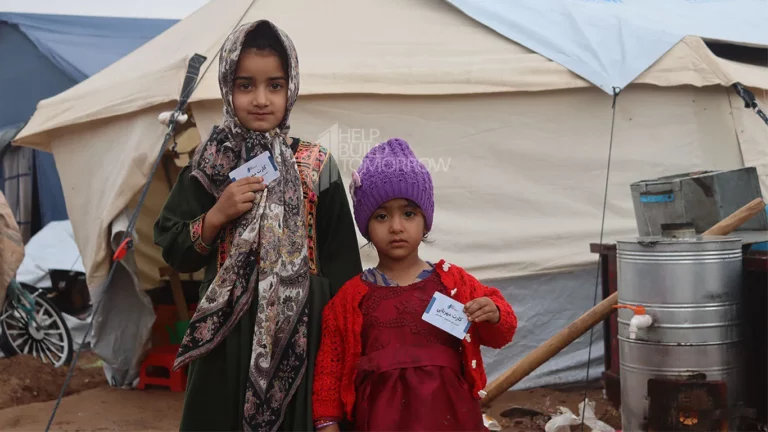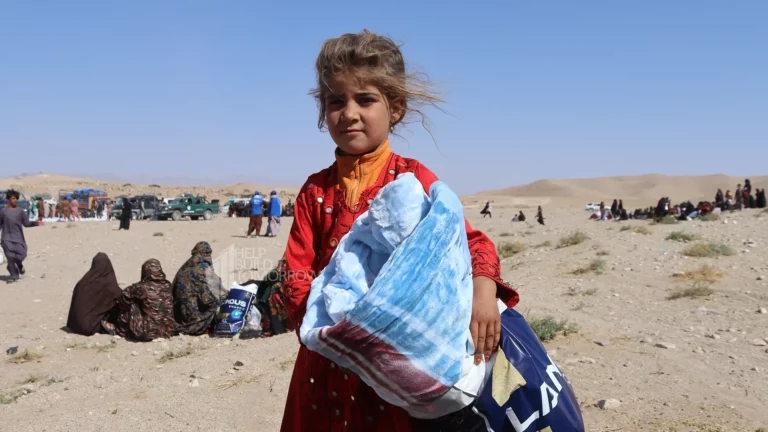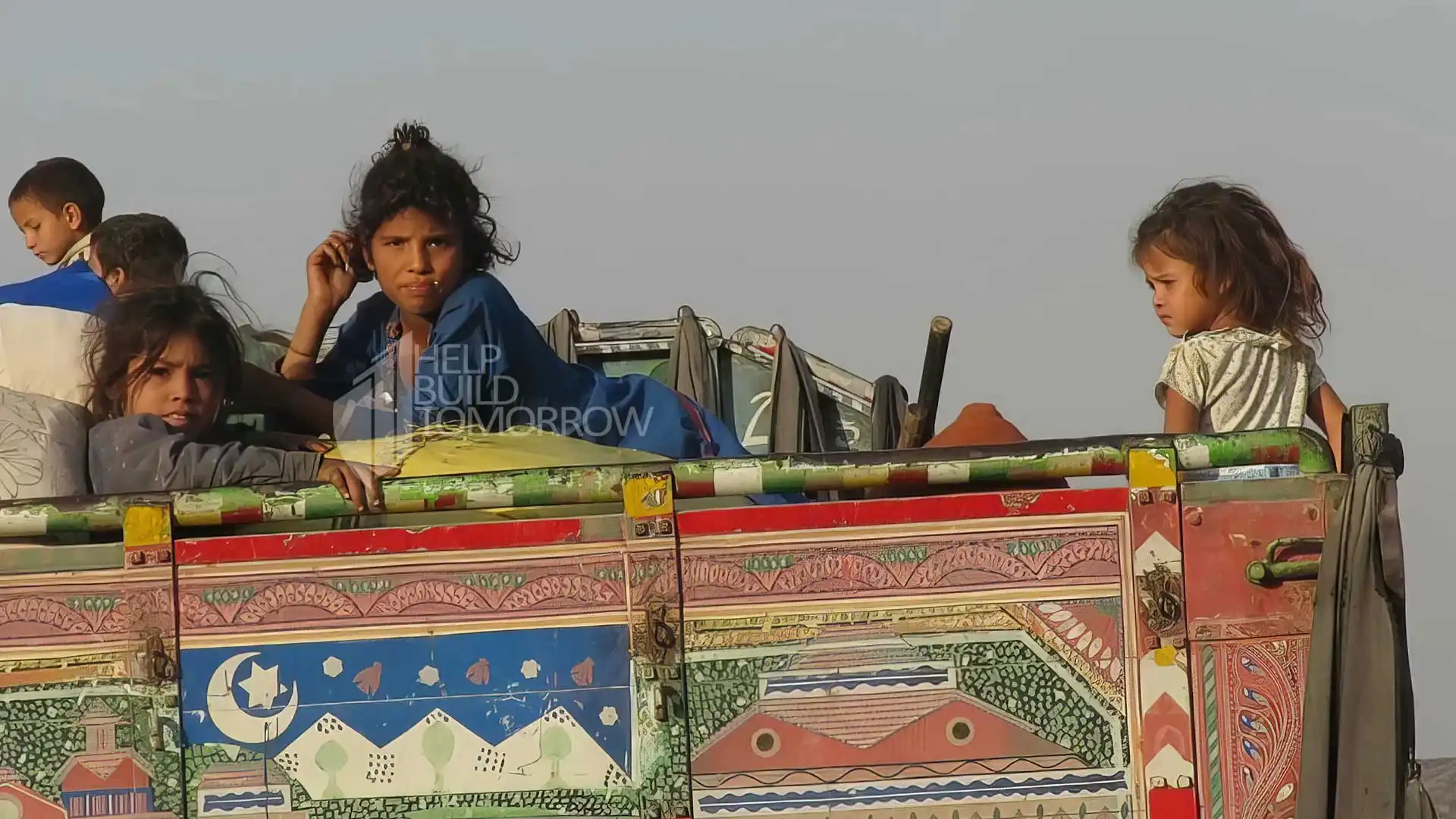
The Pakistani government has announced the expulsion of 1.73 million Afghans in Pakistan to Afghanistan, many of whom have lived in the country for decades and are now being forced to leave their assets behind in Pakistan. It is estimated that there are approximately two million undocumented Afghans residing in Pakistan, with 600,000 of them arriving after the Taliban took over the government in August 2021.
In the wake of this decision, the Pakistani government has rapidly detained and deported undocumented Afghan refugees en masse, resulting in the removal of nearly 6,000 refugees thus far. According to a United Nations report, those facing deportation will be at great risk of a humanitarian crisis in Afghanistan, especially as winter is approaching. The mass deportation of Afghans could exacerbate the dire humanitarian situation in the country.
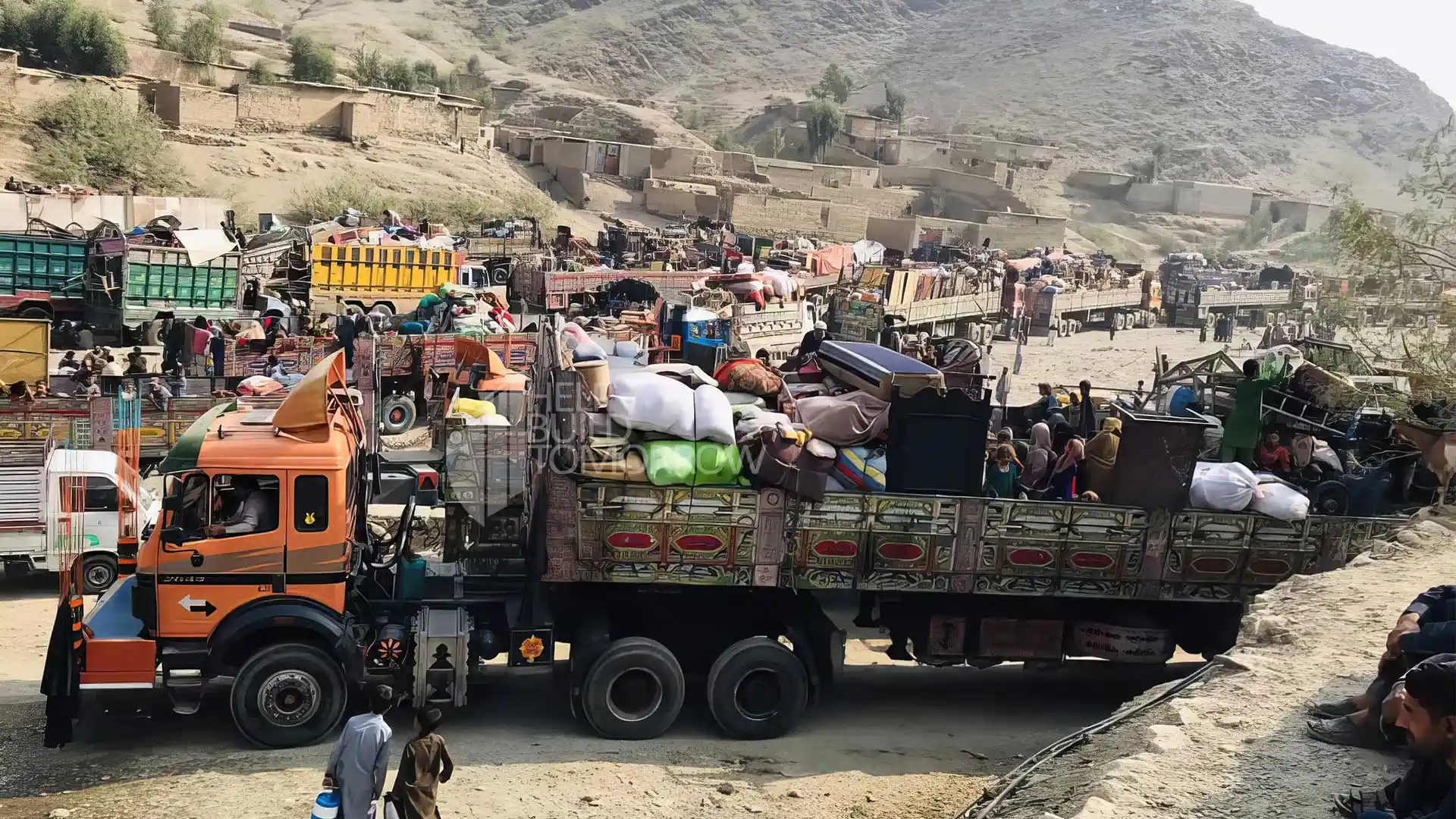
UN agency experts have expressed their concerns regarding the deportation of Afghan nationals. They have warned that many families, women, and children will be at risk of significant harm. The experts are particularly concerned about the risk of deportation for Afghan nationals, warning that many families, women, and children could face irreparable harm, including serious human rights violations and abuses in their home country. They have also voiced concerns about the arrest, exploitation, and undignified treatment of Afghans in Pakistan.
According to another report by the World Bank, the economic situation in Afghanistan is dire and extremely fragile. The private sector is notably weak, and the economy has contracted by 25% in the last two years. The report highlights that, even in the absence of conflict, one in every two Afghans remains in poverty. Furthermore, the deportation of Afghan migrants is likely to exacerbate the humanitarian situation, subjecting them to various challenges such as a lack of shelter, clean water, warm clothing, extreme cold, increased vulnerability to diseases, and other essential needs.
Problems of Afghans in Pakistan
Hekmatullah Waziery was one of the Afghans in Pakistan, who has been compelled to leave Pakistan with his family. He expressed his struggles and suffering in trying to establish a business in Pakistan. He mentioned the challenges of providing educational services for his children, as having a migrant or identity card was a requirement they could not fulfill. With the Pakistani government’s directive to expel illegal migrants, they have been forced to leave Pakistan.
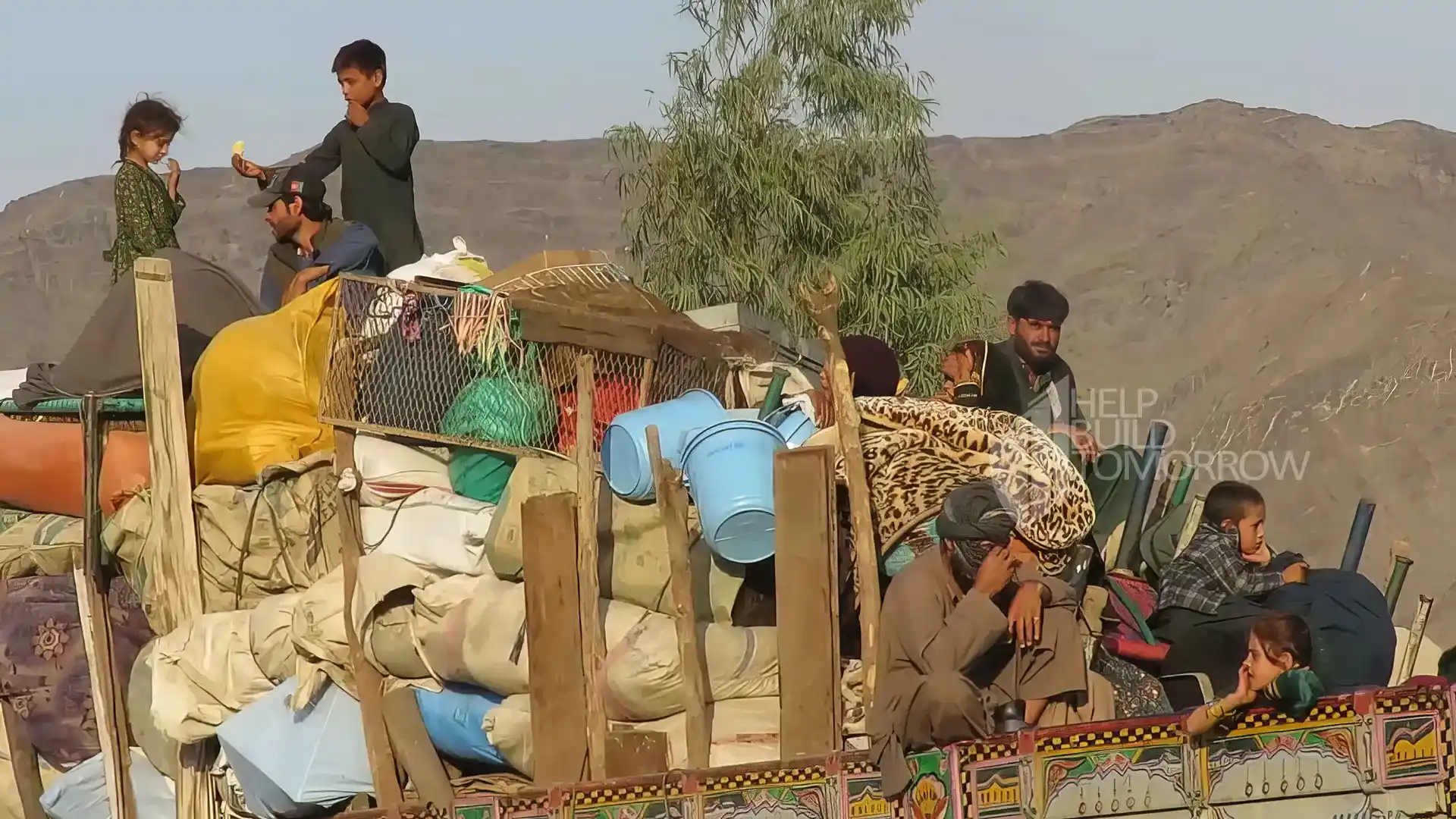
Waziery also expressed dissatisfaction with the treatment he received from the Pakistan Army. He explained that he was restricted to his working area and home, unable to travel far due to the fear of being arrested and sent to jail by the police.
In a single day, more than 20,000 Afghan migrants rushed to the border areas of Afghanistan before Pakistan’s deadline, arriving with limited assets and urgent needs. They can only carry around $178 on average. We urgently need your support to provide life-saving assistance to these migrants in Afghanistan, including food, shelter, warm clothing, and medical care.

Join us in empowering these families by providing them with education and vocational training so that they can become self-sufficient and regain their social and economic independence. With your help, HBT can offer vocational training programs that will equip them with practical skills to find employment, such as computer literacy, trade skills, mechanical training, electrical work, and more.
Join us in raising awareness and collecting aid to make a meaningful difference in the lives of these vulnerable migrants.


